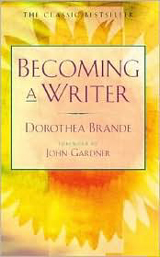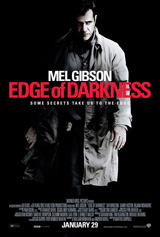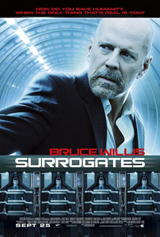This morning my master’s degree program held its new-student orientation. After nearly four years, I am finally writing my thesis and nearing completion of my degree—I’m hardly a new student. But I was asked to attend to introduce the literary journal published by our department that I oversee.
On the one hand, I am ready to be done with school—as one classmate recently said, “It’s time to poop or get off the pot.” On the other, I envy the new students who are just now embarking on their journeys. This week, as my final semester gets under way, I’ll be reviewing what I’ve gained from earning my master’s:
Education
Not least among the benefits of getting a master’s degree is the degree itself. One of the reasons I entered a graduate program is that I felt undereducated. That MPW (or MFA) certainly is a valuable addition to your resume.
More than that, though, I did come away from the program with useful feedback on the writing I produced while I was there and tools and techniques that I will be able to apply to my work ongoing. My concept of myself as a writer expanded from nonfiction and fiction to poetry, plays, and screenplays. And I was introduced to ideas, books, and authors that otherwise would have remained off my radar.
I’ll continue to discuss master’s degrees throughout the week. In the meantime, let me know if you have any additional thoughts—or whether you disagree.
Caught in the ’Net
BookFox drafts a ranking of literary journals.
I used on of these “Three Fun Ways to Map Your Story Ideas” to write today’s post.
The results of the the 26th annual Bulwer-Lytton contest have been announced.







